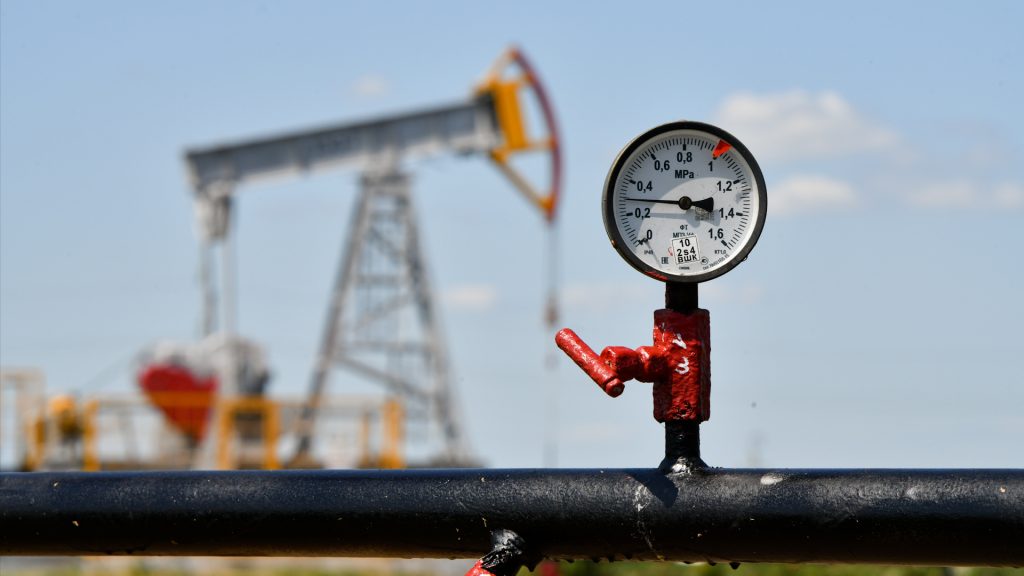Ukraine strikes Russian fuel sites, Moscow rations supplies

Ukrainian drone attacks are hitting Russia where it hurts most, its fuel supply. A wave of strikes this summer has knocked out a significant portion of Russia’s refining capacity, forcing fuel rationing and temporary shutdowns. Analysts told The Wall Street Journal that about 13% of output has been disrupted this summer, while Reuters said the true figure could be closer to 17%.
The New York Times reported that Ukraine has claimed at least 10 successful refinery hits in August. Russian officials have confirmed only about half that number. Sanctions have slowed repairs, cutting Moscow off from Western-made equipment needed to bring plants back online quickly.
How is Russia responding to the fuel crunch?
To contain the shortfall, Moscow has limited fuel sales in areas like Crimea and Siberia, while extending a ban on gasoline exports into late August.
Wholesale prices for 95-octane gasoline have risen 45% this year despite falling global crude oil costs. The Times reported that the disruptions coincided with peak summer vacation and harvest demand, making shortages more visible.
The strikes are adding to broader economic pressure, with inflation standing at about 9%, and the International Monetary Fund recently cut its 2025 growth forecast to 0.9% from more than 4% last year.
What is Ukraine’s strategy?
Ukrainian officials say the strikes are designed to pressure Russia on three fronts: weakening supplies to its armed forces, reducing export earnings and making daily life more difficult for ordinary citizens.
Ukrainian drones have repeatedly hit facilities hundreds of miles from the border, including the Ust-Luga terminal on the Baltic Sea and the Druzhba pipeline, which delivers crude oil to Hungary and Slovakia.
Hungarian Prime Minister Viktor Orbán protested the Druzhba attack in a letter to President Donald Trump, who replied that he was “very angry,” according to Orbán’s party. Ukrainian lawmakers described the strikes as a way to show leverage during peace negotiations.
How does this affect peace talks?
The escalation comes as Washington and European partners push for renewed negotiations. Energy experts told the Times that the strikes are designed to raise Moscow’s political costs while signaling to the White House that Kyiv is prepared to keep fighting.
Former Ukrainian defense minister Oleksii Reznikov said modern conflicts hinge on resources, describing Ukraine as “David” trying to exploit “Goliath’s” weak points.
Ukraine’s interior minister reported that Russian forces have hit 20 energy sites in just 10 days, including refineries and power plants. Officials in Kyiv warned the damage could trigger factory closures and winter heating shortages if the pace continues.





